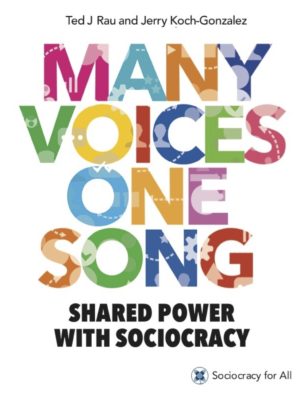In several contexts lately the conversations about organizing sociocratically have drifted to the problem of confusing circle meetings with the work of the circle, and even circle meetings as focus of sociocracy. Evidence of this is that we discuss process and enforcing process without discussing the quality and application of decisions in our work. The questions are more often about officers and consent than evaluating the effect of recent policy decisions on operations, worker effectiveness, etc.
Circle Meetings
Training in sociocracy often focuses on circle meetings because (1) they are unique to sociocracy and (2) sociocracy is often presented in workshops to people with diverse roles in a variety of organizationsThe Delibrative Democracy Consortium (DDC)u is an alliance o.... This makes discussions of operations difficult. Work-specific examples that everyone in the room understands are hard to craft. Thus the focus drifts to process instead of the accomplishment of the circle’s aim.
Circle Meetings Are Not the Aim
Sociocracy is an elegant method of organizing work, not meetings. There are many, many methods for organizing excellent meetings. All can be used in circle meetings if they allow consent decision-making. The aim of a circle meeting is not following a process; it is what you do when you walk out the door.
The meeting process is designed to facilitate making policy decisions. A good policy decision will enable the circle to accomplish its work more effectively, more energetically, and more harmoniously.
Circle Meetings Are About Operations
Meetings are work because the circle is making decisions and decisions are hard, but circle meetings are what happens outside the meeting. Their reason for being is operations.
If the circle has consented to an incomplete or unworkable policy decision, it needs to be revisited, whether the proper process was followed or not. Arguing process does nothing to correct an ill-advised policy decision.
Sociocracy is about organizing and executing whatever operations are related to the aim of the organization.
Are Your Meetings Substance or Style?
If the circle is making decisions based on experience, information, and measurements—on feedback not SWAG or preferences—it is more likely making decisions based on substance, not style.
For non-native English speakers, SWAG stands for Stupid Wild-Ass Guesses. SWAG’s not always ineffective in decision-making. Sometimes a SWAG is a good place to start, but then you move on.
Categories: Decisions and Power, History and Philosophy

